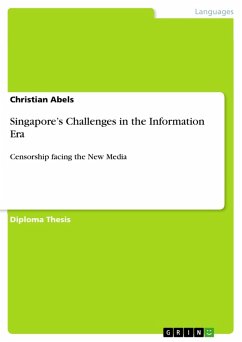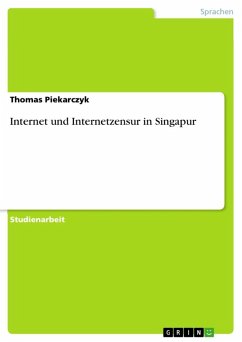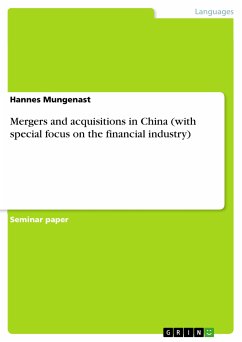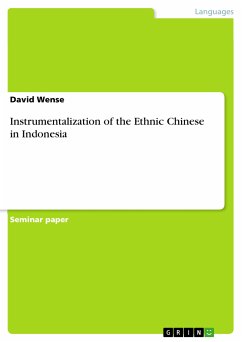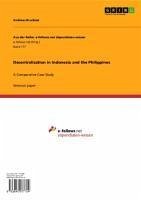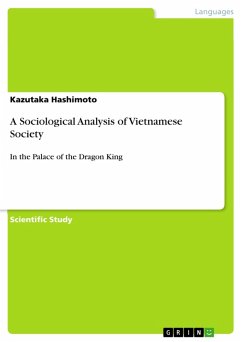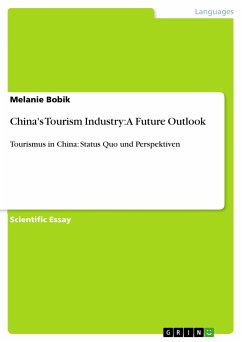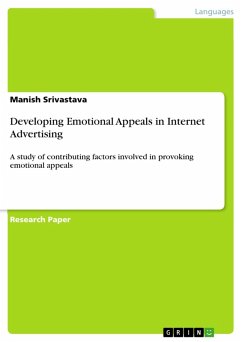Diploma Thesis from the year 2009 in the subject South Asian Studies, South-Eastern Asian Studies, grade: 2,3, University of Bonn, course: Regionalwissenschaften Südostasien, Medienwissenschaften, language: English, abstract: Singapore's media system has been stable through a period of revolutionary change and impressive reform elsewhere. While new players and technologies have found its way into the media scene, the ruling People's Action Party's (PAP) upholds the media's fundamental structure. Historical racial rioting has been linked to justify the subordinate role of the press. In contrast to the Western Press which is often denominated as the 'fourth estate' of the state, the Singaporean press is rather to support the PAP's politics. Due to different political, historical, cultural and economic environment, authoritarian politicians in Southeast Asia argue that freedom of the press, as a Western concept, has a different meaning and weight unlike in the Western industrial nations because of its different value system. The Asian values require the harmony between the press and the state as in the 'partners in nationbuilding' to maintain its authoritarian governance and at the same time sharing a common interest in economic growth. Singapore's government has promoted and established sophisticated information and communication technologies amongst the first. Nowadays, Singapore can consider itself as one of the most developed and best networked states in the world. Feared by the challenges of the New Media and the free and open exchange which might lead to confusion and opposition to the PAP's activities, the government enacted laws and encouraged a system of censorship to tame the press. The well-functioning system consists of legal restrictions, technical filters and informal censorship, such as self-censorship. A closer look at this pragmatic and sensitive approach of censorship, Singapore's government seems prepared to deal with the New Media and further challenges.
Dieser Download kann aus rechtlichen Gründen nur mit Rechnungsadresse in A, B, BG, CY, CZ, D, DK, EW, E, FIN, F, GR, HR, H, IRL, I, LT, L, LR, M, NL, PL, P, R, S, SLO, SK ausgeliefert werden.

